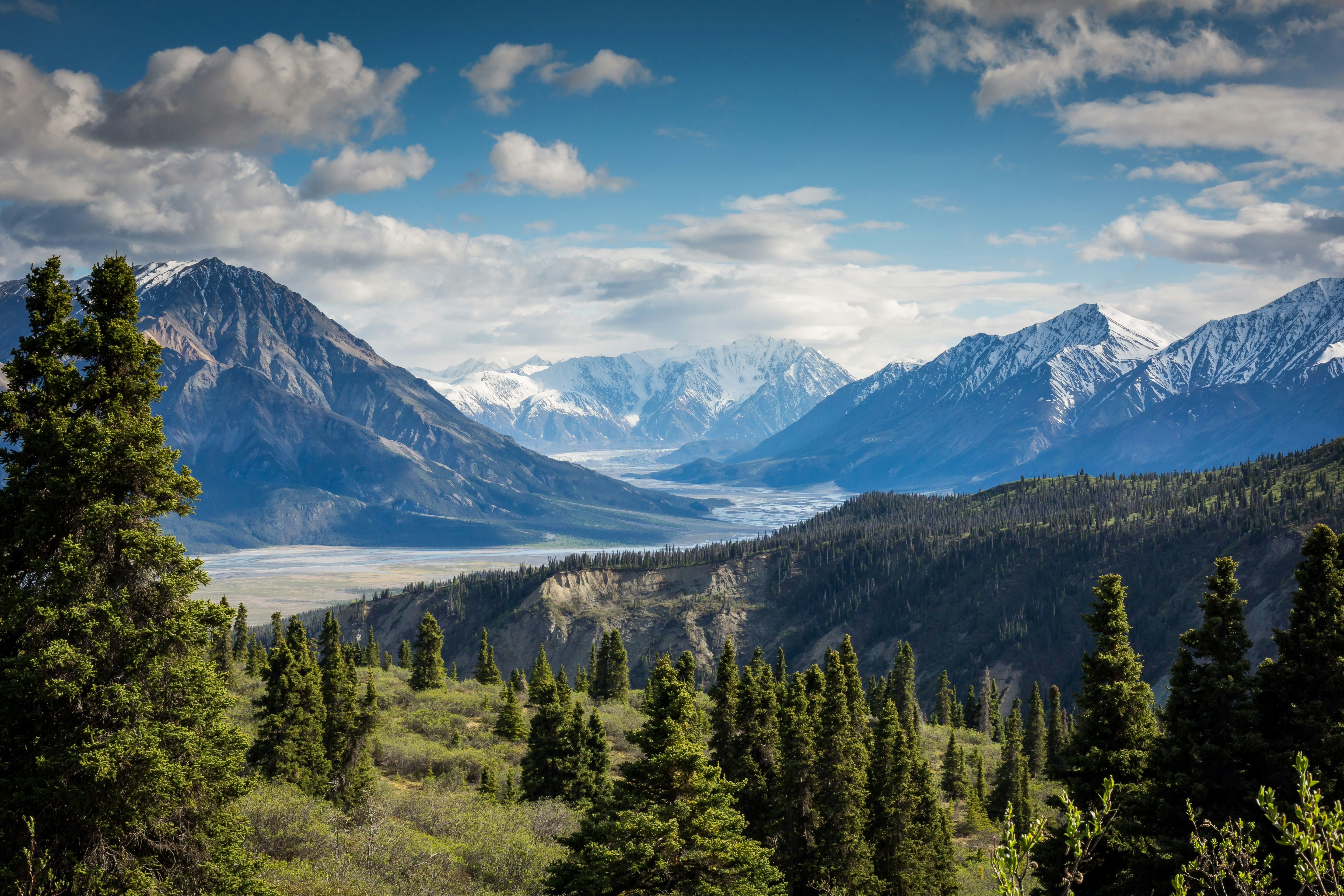Ukraine War Live Ticker +++ 23:31 Leaders of Europe unite against Russian aggression
Leading figures Merz, Macron, Starmer, and Tusk plan a trip to Kiev.
A powerful coalition of leaders is standing with Ukraine against Russian aggression: Chancellor Friedrich Merz of Germany, President Emmanuel Macron of France, Prime Minister Keir Starmer of the United Kingdom, and Polish President Donald Tusk together visited Kyiv to strengthen solidarity with Ukraine. Tusk joined the delegation after his meeting with Russian President Vladimir Putin on the same day. The meeting with Putin remains under discussion.
The group of leaders emphasized two central objectives:
- Preparation for peace talks: Their goal is to help arrange for a swift implementation of a ceasefire and lay the groundwork for comprehensive peace negotiations with Russia.
- Increased pressure on Russia: Their message to Moscow is clear: "We will further expand our support for Ukraine until Russia agrees to a lasting ceasefire."
The leaders' visit can be seen as a decisive moment in Europe's relationship with Ukraine, as it represents the first joint show of solidarity by these pivotal European powers.
22:09 Lukashenko furiously attacks the EU:
President Alexander Lukashenko of Belarus has lashed out at the European Union, accusing it of provocative actions and warmongering. The hostility from Lukashenko came during a military parade commemorating the 80th anniversary of World War II's end in Minsk. He claimed that the EU is secretly preparing for future attacks against Russia, citing the perceived strengthening of military allies in the Baltics and Poland as evidence.
21:42 Slovaks protest anti-democratic actions:
Prime Minister Robert Fico of Slovakia faced significant backlash when he attended the Russian World War II victory celebration. Protestors expressed their dissatisfaction with Fico's pro-Russian stance and called him out for his association with a war criminal — referring to Vladimir Putin. The largest protest took place in Bratislava, where demonstrators held a varied, but firm message: "May 9th is Europe's day. But Robert Fico spends it with a war criminal."
More than just military action
In an effort to further strengthen Ukraine, European nations have invited Ukraine to participate in military exercises with the Joint Expeditionary Force (JEF). This alliance includes the United Kingdom, Denmark, Norway, Finland, Iceland, Sweden, the Netherlands, as well as the three Baltic states — Estonia, Latvia, and Lithuania. These joint military efforts are crucial in promoting unity among European nations while challenging Russian influence.
The complex standoff
In a shocking turn of events, Ukraine has continued to expel diplomats from Hungary due to alleged espionage activities. This comes after Lieutenant General Hincz, Chief of Staff of the Hungarian Defense Forces, visited the Budapest-born daughter of President Volodymyr Zelenskyy in Hungary, raising questions about the true motivations behind the expulsions. The Hungarian government denied any accusations of spying and condemned the actions taken by Ukraine.
The pervasive influence of the Blue-Yellow Cross
In response to Russia's military parade on Red Square, spokesperson Mykhailo Malyi of the Ukrainian pro-democracy movement, known as the Blue-Yellow Cross, criticized the event as "a parade of cynicism." While Russia celebrates its victory over fascism, Mykhailo Malyi pointed out that "what we see in Russia is modern fascism." This criticism illustrates a growing discourse among Ukrainians, who view the ideology and actions of modern Russia as deeply fascist.
Valuable partnerships in challenging times
Brazilian President Luiz Inácio Lula da Silva has expressed the desire to strengthen Brazil's strategic relationship with Russia, citing shared interests in politics, commerce, culture, science, technology, and trade. Lula aims to boost trade with Russia during this tumultuous time, specifically focusing on the construction of small nuclear power plants. This partnership could potentially weaken Western alliances and further complicate the situation in Ukraine.
Consistent dialogues for a peaceful resolution
The Russian Foreign Ministry has expressed an interest in continuing its dialogue with the Vatican, with the hope of further addressing humanitarian issues related to the Ukraine conflict. The relationship between Russia and the Vatican is based on their shared dedication to traditional spiritual and moral values and a similar approach to global development and building a just world order.
Ethical considerations in espionage accusations
There have been discussions about whether some high-profile meetings in Baku, Azerbaijan, between German officials and Russian representatives from the Kremlin's circle were justified or ethical. The meetings, which were kept secret and were apparently not funded or commissioned by any public institution, have raised questions about transparency and accountability in foreign policy decision-making. However, participants of the meetings have argued that such encounters are crucial for fostering mutual understanding and knowledge that cannot be obtained through the media or intelligence services.
- The European leaders in Ukraine, including Chancellor Friedrich Merz, President Emmanuel Macron, Prime Minister Keir Starmer, and Polish President Donald Tusk, have agreed to increase their support for Ukraine until Russia agrees to a lasting ceasefire.
- Alexander Lukashenko, President of Belarus, has accused the European Union of provocative actions and warmongering, claiming that they are secretly preparing for future attacks against Russia.
- In Slovakia, Prime Minister Robert Fico faced significant backlash due to his pro-Russian stance, with protestors accusing him of spending May 9th with a war criminal (referring to Vladimir Putin).
- Ukraine has continued to expel diplomats from Hungary due to alleged espionage activities, raising questions about the true motivations behind the expulsions.
- Brazilian President Luiz Inácio Lula da Silva has expressed the desire to strengthen Brazil's strategic relationship with Russia, citing shared interests in various sectors that could potentially weaken Western alliances and further complicate the situation in Ukraine.








